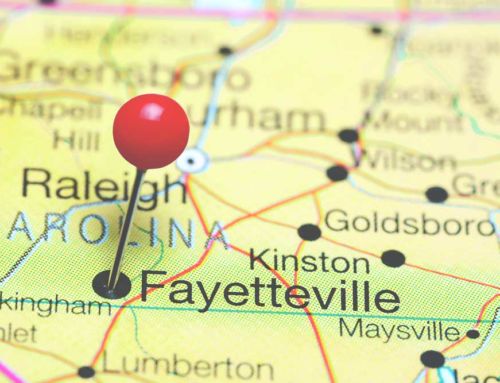Baron & Budd and Gomez Trial Attorneys have once again joined forces to file a lawsuit against Monsanto for PCB contamination. This suit covers contamination to Berkeley, CA city storm water, which flows into the San Francisco Bay. This is the fifth time Baron & Budd has helped a municipality take legal action against Monsanto for costs associated with PCB cleanup.
Why PCBs Are So Dangerous
PCBs (polychlorinated biphenyls) are toxic chemicals that Monsanto produced for about 50 years until they were banned in 1979. They were used in a wide range of industrial applications, including electrical equipment, building materials and more. However, PCBs can easily escape into the environment, contaminating lakes, rivers, oceans and other waterways, as well as the air and soil.
These toxic chemicals can cause serious damage to the human body, resulting in serious illnesses and even the development of cancer. Even though Monsanto was well aware of the dangers of PCBs, the company continued to produce them for years. Not only do PCBs endanger humans, they also put fish and wildlife habitats at serious risk.
Taking Action
Baron & Budd is also representing the California cities of San Jose, Oakland and San Diego, as well as Spokane, WA in lawsuits against Monsanto. The company insisted on using these dangerous chemicals, and should be responsible for the costs associated with cleaning up its mess.
These costs are getting even larger due to a ruling by the California Water Quality Control Board in November. The board mandated that the city of Berkeley reduce the amount of PCBs that flow through its storm water system into the Bay. As a result, the city is incurring a great deal of expense in order to try to alleviate the problem.
[greybox]If you represent a municipality that has suffered PCB contamination due to Monsanto’s negligence, Baron & Budd may be able to help. [contactformlink text=”Complete our online form”] or call to learn more about your potential legal options.[/greybox]


